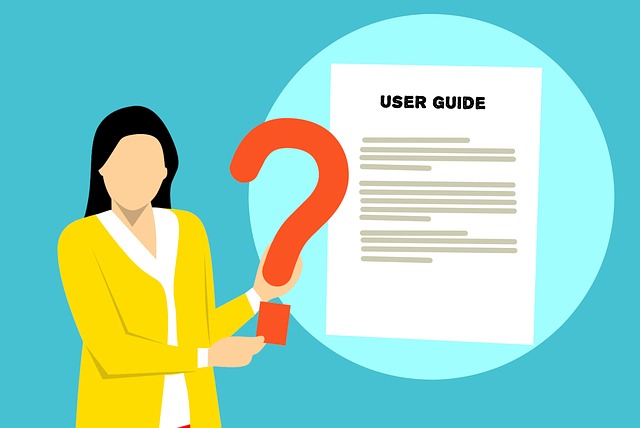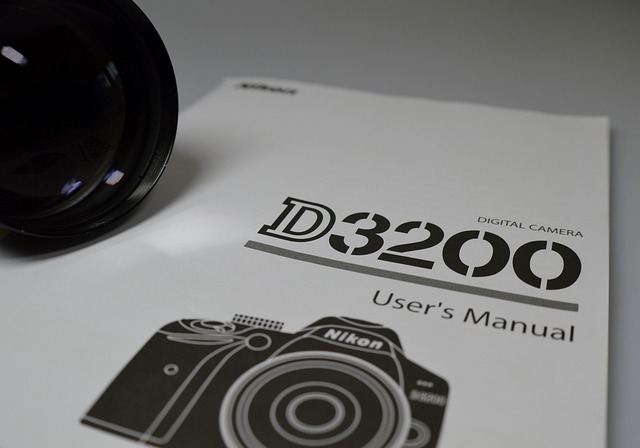In the UK, user manuals must meet strict regulations for consumer safety and legal compliance. Professional translation services are vital for multinational companies entering this market, ensuring accurate communication of product instructions tailored to local idioms, dialects, and regulatory terms. These services overcome cultural barriers, navigate regional differences across England, Scotland, and Wales, and prioritize quality, consistency, and inclusivity. Compliance with UK standards, including legal requirements like safety regulations and labeling guidelines, is crucial for successful market entry and consumer understanding, making specialized translation services essential for global businesses aiming to launch in the UK.
Are your user manuals and instruction guides compliant with UK standards? Navigating local regulations can be complex, especially with varying language requirements. This article explores the intricacies of translating and localizing documentation for the UK market. We delve into understanding regulatory expectations, the critical role of accurate translation, addressing common challenges, ensuring quality, and best practices for service providers. Additionally, case studies highlight successful projects, offering valuable insights for maintaining compliance with translation services tailored to UK user manuals and instruction guides.
- Understanding UK Regulatory Requirements for User Manuals
- The Role of Accurate Translation in Compliance
- Common Challenges in Translating Instruction Guides
- Ensuring Quality and Consistency Across Languages
- Best Practices for Localization Services in the UK
- Case Studies: Successful Translation Projects for UK Market
- Resources and Tools for Maintaining Compliance
Understanding UK Regulatory Requirements for User Manuals

Understanding UK Regulatory Requirements for User Manuals
In the UK, user manuals and instruction guides are subject to strict regulatory requirements designed to ensure consumer safety and protection. These guidelines are in place to help manufacturers and translators provide clear, comprehensive, and accessible instructions for product use. Compliance is crucial, as it not only guarantees product safety but also legal adherence. Non-compliance can lead to severe consequences, including product recalls, fines, and damage to a company’s reputation.
Translation services play a vital role in ensuring UK guides meet these standards, especially for multinational companies offering their products in the British market. Professional translation ensures that instructions are accurately conveyed, regardless of the user’s language preference. It involves more than just word-for-word translation; it requires an understanding of local idioms, cultural nuances, and regulatory terminology to create manuals that are both effective and compliant.
The Role of Accurate Translation in Compliance

Accurate translation plays a pivotal role in ensuring that UK guides adhere to local standards, especially when it comes to user manuals and instruction guides. These documents are crucial for providing clear instructions, safety information, and legal disclaimers to users within specific regions, such as the UK. Professional translation services tailored for this market ensure that content is not only linguistically precise but also culturally appropriate.
Translation goes beyond simple word-for-word rendering. It involves understanding the context, local nuances, and regulatory requirements unique to the UK. Experienced translators are adept at conveying technical concepts accurately while adapting them to suit British English usage, idiomatic expressions, and even regional dialects if relevant to the target audience. This level of customization is vital for creating user guides that resonate with readers and effectively communicate critical information.
Common Challenges in Translating Instruction Guides

When translating user manuals and instruction guides for a UK audience, several common challenges arise. One significant hurdle is navigating the diverse regional dialects and language variations across different parts of the country. What works in London might not be readily understood in Scotland or Wales due to subtle differences in vocabulary and phrasing. This requires translators to not only be fluent but also intimately familiar with these nuances.
Another challenge is ensuring cultural relevance and context. A direct translation may not capture the intended meaning because certain concepts, idioms, or references are unique to a specific culture. For instance, a phrase that seems straightforward in one language might have multiple interpretations in another due to different cultural norms and practices. Professional translation services for UK user manuals address these challenges by employing native speakers who understand both the source and target languages, guaranteeing a precise and culturally appropriate final product.
Ensuring Quality and Consistency Across Languages

Ensuring quality and consistency across languages is a critical aspect of creating effective user manuals and instruction guides, especially in a diverse country like the UK. When it comes to translation services for UK user documents, accuracy and cultural relevance are paramount. Professional translation companies employ native speakers who understand not only the language but also the local nuances and terminology specific to various industries.
This meticulous approach guarantees that instructions, safety guidelines, and product features are conveyed clearly and accurately in every language. By adhering to these standards, UK-based companies can ensure their guides provide a seamless experience for users from diverse linguistic backgrounds.
Best Practices for Localization Services in the UK

When it comes to best practices for localization services in the UK, ensuring full compliance with local standards is non-negotiable. This involves a thorough understanding and adherence to the region’s legal requirements, including product safety regulations, labeling guidelines, and technical standards specific to the UK market. For instance, when translating user manuals and instruction guides, service providers must account for nuances in language use, colloquialisms, and even humor that resonate with British audiences.
Beyond regulatory compliance, effective localization goes hand in hand with cultural adaptation. This means not just translating words but also adapting content to fit the local context, understanding consumer behavior, and incorporating preferences that make products more appealing to UK users. For translation services for UK user manuals and instruction guides, this could involve using familiar terminology, simplifying complex instructions, and ensuring accessibility across different demographics.
Case Studies: Successful Translation Projects for UK Market

Successful translation projects for the UK market showcase the importance of meticulous planning and cultural sensitivity. When localizing user manuals and instruction guides, every detail matters. For instance, a global manufacturing company faced a challenge when launching its new product line in the UK. Their initial translations lacked nuance, resulting in confusion among British consumers due to idiomatic expressions that didn’t translate well. By partnering with professional translation services specializing in UK user manuals, they rectified this issue.
The process involved extensive research into British cultural norms and language preferences. Translators familiar with local regulations and standards ensured the content was not only linguistically accurate but also compliant. This collaboration led to a successful product launch, highlighting how tailored translation services can make or break a company’s entry into new markets.
Resources and Tools for Maintaining Compliance

Staying compliant with local standards is a continuous effort, especially in the UK where regulations can vary across different sectors. One effective strategy for maintaining compliance is to leverage specialized translation services tailored for user manuals and instruction guides. These services ensure that your resources are not just linguistically accurate but also culturally sensitive, reflecting the latest legal requirements.
By outsourcing translation to professionals who understand both the technical content and local regulations, you can avoid costly mistakes and ensure your UK guides remain current and compliant. Advanced tools like machine translation, terminology databases, and quality assurance processes further support this effort, enabling businesses to efficiently manage and update their documentation as regulatory landscapes evolve.
Ensuring your user manuals and instruction guides are fully compliant with UK standards is paramount for any business targeting this market. By understanding local regulations, leveraging accurate translation, and adopting best practices in localization, you can navigate the complexities of the UK market effectively. Translation services specializing in user manuals play a crucial role in maintaining quality, consistency, and compliance across all languages, ultimately enhancing customer satisfaction and brand reputation.



